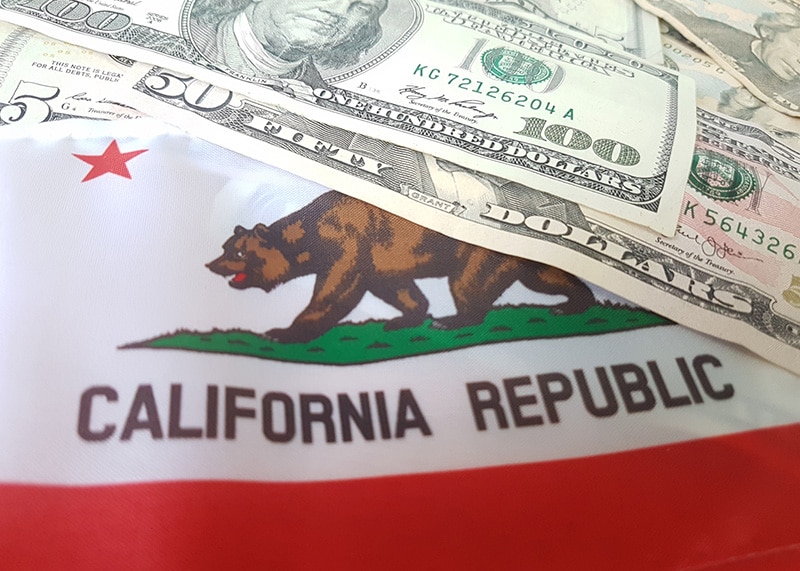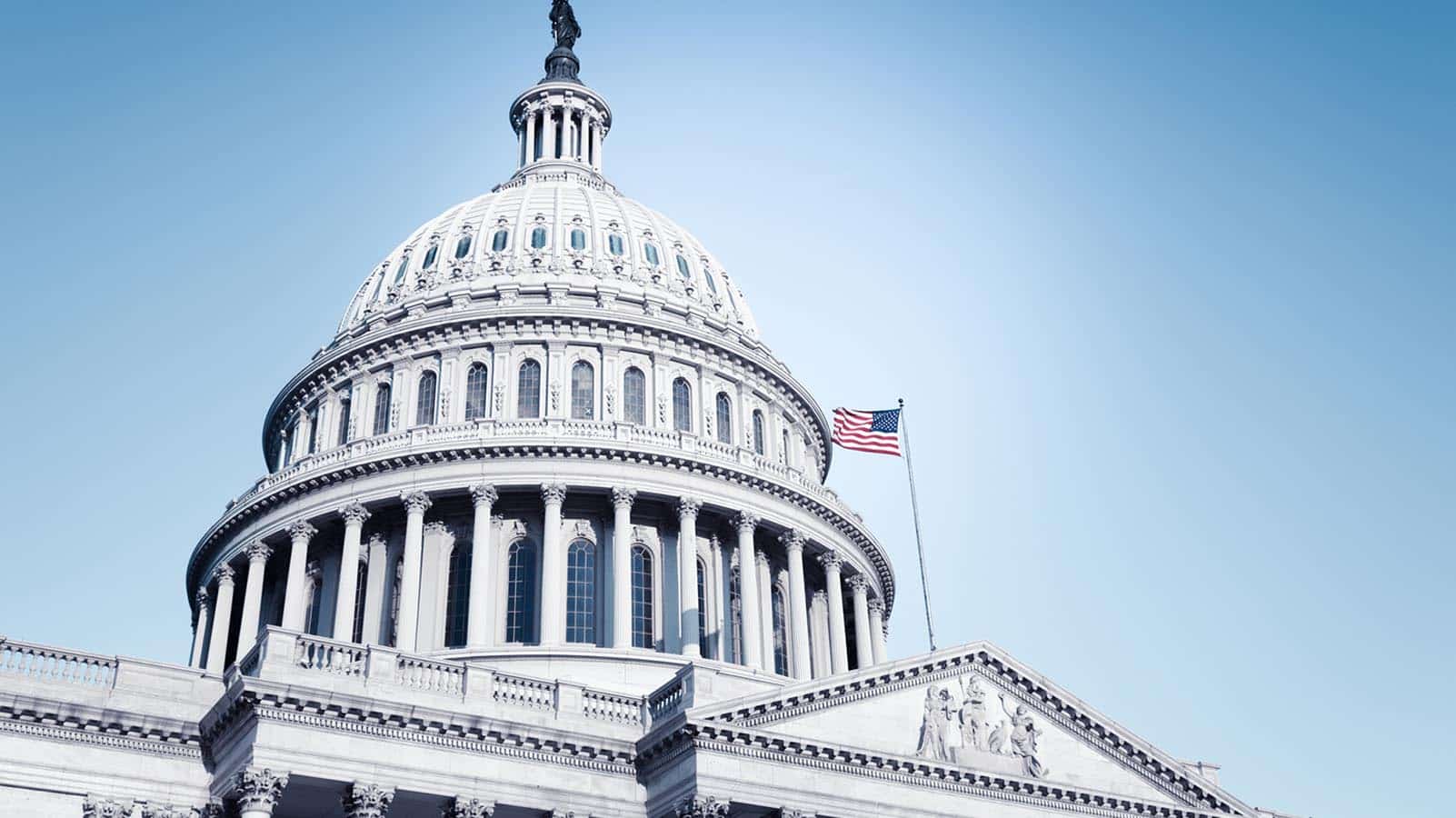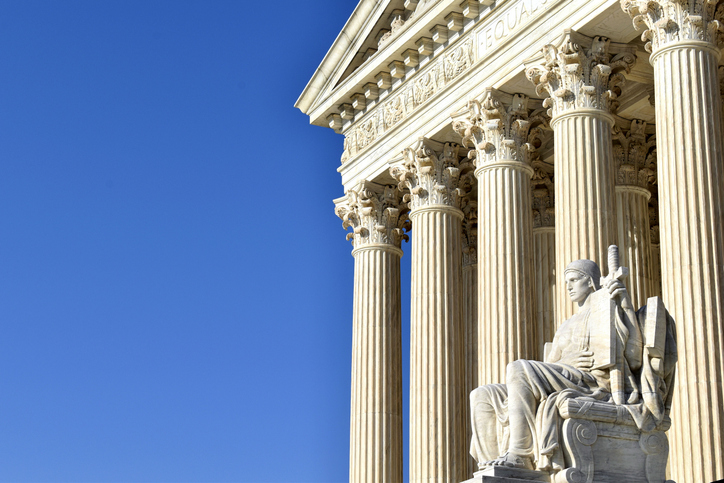May 9, 2025

This information is provided for educational purposes only by Kohn, Kohn & Colapinto and does not constitute legal advice. No attorney-client relationship is created by accessing this content. Laws and regulations may change, and this material may not reflect the most current legal developments. If you believe you have a whistleblower claim, consult a qualified attorney to discuss your specific circumstances.
What is Government Contracting Fraud?
Government contracting fraud occurs when a contractor intentionally deceives the U.S. government during the bidding process or while fulfilling a contract. This deception can take many forms, such as submitting false information on bids, billing for work not performed, or providing substandard goods or services. The goal of the fraudster is to gain an unfair advantage by securing a contract they wouldn’t otherwise win, or to cheat the government out of money by not delivering on their promises.
Examples of this might include the following:
- A defense contractor was found to have knowingly installed defective parts in military equipment, putting soldiers at risk. (Defense Contract Fraud)
- A pharmaceutical company was accused of submitting false data on the effectiveness of a drug to secure government approval and reimbursement.
- A medical device manufacturer was exposed for overbilling Medicare for unnecessary procedures on patients in order to secure government reimbursement.
The False Claims Act is one of the strongest whistleblower laws in the world, with settlements and judgments under the False Claims Act exceeding $2.68 billion alone in fiscal year 2023.
Whistleblowers with information of fraud against the U.S. government may file a qui tam lawsuit and become eligible for rewards of between 15 to 30 percent of the verdict, judgement, or settlement under the qui tam provision of the False Claims Act (FCA).
The FCA protects the confidentiality of the whistleblower during an investigation, and provides protection against retaliation, which may include termination, suspension, demotion, harassment, or any other type of discrimination.
If you know of someone committing fraud against the government through contracts, continue reading our guide to learn more about your rights and legal options under the False Claims Act.
Types of Government Contracting Frauds
In 2023, over $1.8 billion of the settlements and judgements were related to the health care industry, including managed care providers, hospitals, pharmacies, laboratories, long-term acute care facilities, and physicians. The most common type of fraud involves kickbacks and bribery. This is when a contractor offers money or other benefits to a government official in exchange for favorable treatment during the bidding process or contract evaluation.
However, government contracting fraud occur in many different forms, and can include the following:
- Bid Rigging: This occurs when companies join forces to ensure a pre-determined winner receives the contract, eliminating fair competition.
- False Statements: When companies submit proposals with false or misleading information about their qualifications, experience, or financial standing.
- Defective Products or Services: When companies provide goods or services that do not meet the contract specifications, often at inflated prices.
- Cost Padding: When companies inflate invoices by including unnecessary or fictitious costs associated with the contract.
- Timecard Fraud: When employees falsify timecards to show more hours worked on the contract than actually performed.
- Waste and Abuse: When companies misuse government funds for unauthorized purposes or demonstrate excessive waste in resource allocation.
- False Claims Act Violations: When companies submitting false claims for payment to the government.
- Disadvantaged Business Enterprise (DBE) Fraud: When a company misrepresents its status as a DBE to qualify for special contracting opportunities.
These are just a few common examples of fraud that the government often investigates. By understanding these common tactics, contractors and government agencies can be more vigilant in preventing and detecting fraud, which costs American taxpayers billions each year.
The Consequences for Committing Government Contracting Fraud
Government contracting fraud is a serious offense, which can lead to contract termination, criminal charges, fines, and damages paid. Under the False Claims Act, the government can recover 3x the amount they were defrauded and a penalty for every false claim submitted.
It goes without saying, those who commit fraud against the government are also debarred from competing in a government contract again, which eliminates access to potentially lucrative opportunities. The potential for hefty fines, imprisonment, and a tarnished reputation makes it a risky proposition for any contractor.
The False Claims Act & Qui Tam
The False Claims Act, created by Abraham Lincoln in 1863, is one of the strongest U.S. laws that allow individuals to sue another individual or company on behalf of the U.S. government. This law dates to the Civil War to punish suppliers who were overcharging the government for less than satisfactory goods. The law reemerged and was signed into law on October 17, 1986.
A key feature of the False Claims Act is the qui tam provision, which allows said private citizens, also known as qui tam relators, to file a qui tam lawsuit on behalf of the U.S. government. This encourages whistleblowers to expose misconduct and wrongdoing, and receive an reward for their information. Qualified whistleblowers can receive between 15% and 30% of the amount the government recovers in a successful case.
Federal Acquisition Regulation (FAR)
In 2008, the Federal Acquisition Regulation (FAR) introduced mandatory disclosure requirements for government contractors. These rules require contractors to report credible evidence of criminal conduct related to fraud, conflict of interest, bribery, or the False Claims Act (FCA), specifically connected to government contracts. Failure to disclose can lead to serious consequences.
The FAR emphasizes timely disclosures, ideally before a complete investigation, as this can potentially limit damages under the FCA. Disclosures should reference the relevant FAR clause and specify the suspected offense with preliminary details. While attorney-client and work product privileges generally apply, disclosing information to a third party might constitute a waiver. These regulations place more emphasis on legal compliance and cooperation with investigations. While some argue they create a burden on decision-making, contractors can still defend themselves and assert legal privileges.
Ultimately, robust compliance programs become increasingly important for successful contract performance under these regulations.
How to Report Fraud
Whistleblowers play a critical role in exposing fraud and protecting taxpayer dollars. By coming forward with information, you can help ensure that government contracts are awarded fairly, and that companies deliver the products and services they are paid for.
There are two main ways a whistleblower can report government contracting fraud under the FCA:
- Filing a Qui Tam Lawsuit: The whistleblower files a lawsuit under seal in federal court, detailing the alleged fraud. The government then has the option to intervene and take over the lawsuit, or it can decline to intervene, allowing the whistleblower to proceed with the case.
- Reporting to the Government: The whistleblower can report the suspected fraud directly to the Department of Justice (DOJ) or the relevant government agency. The government may then investigate the allegations and decide whether to pursue a case.
The DOJ has the right to intervene in a qui tam lawsuit and take over the case. This is a common occurrence, especially in complex cases. However, if the DOJ declines to intervene, the whistleblower can continue with the lawsuit with their own attorney. Before contacting an attorney or filing a complaint, we highly suggest first reading Rules for Whistleblowers: A Handbook for Doing What’s Right (Lyons Press, 2023), which provides a complete overview of whistleblowing.
Obtaining Proof
Building a strong case for government contract fraud requires solid evidence and expertise. Here are some steps you can take to gather proof:
- Document Everything: Collect and meticulously document any evidence you observe, such as emails, invoices, contracts, reports, or internal company communications that suggest wrongdoing.
- Witness Testimony: If others are aware of the fraudulent activity, obtain signed statements from them detailing their observations.
- Expert Opinions: Depending on the complexity of the fraud, consulting with an expert in the industry involved may be necessary to analyze data or provide technical insights.
When filing a qui tam lawsuit, you are not required to provide a full and complete picture of a fraud. But you should have enough information to launch an investigation.
Contracting Fraud vs. Procurement Fraud
While the terms “government contract fraud” and “government procurement fraud” are often used interchangeably, there is a subtle distinction:
Government Contract Fraud
This generally refers to fraudulent activities that occur after a government contract has been awarded. Examples include:
- False claims: Submitting invoices for work not performed, inflating costs, or using substandard materials.
- Kickbacks: Offering or accepting bribes to influence contract decisions or payments.
- Theft of government property: Misappropriating equipment or supplies intended for government use.
Government Procurement Fraud
This encompasses fraudulent activities that occur during the process of awarding a government contract. Examples include:
- Bid rigging: Collusion between contractors to manipulate the bidding process, ensuring that certain companies win contracts.
- Bribery of government officials: Influencing the selection process by offering bribes to government employees involved in awarding contracts.
- Conflicts of interest: Government officials using their positions for personal gain, such as awarding contracts to companies in which they have a financial stake.
Examples Government Contracting Fraud Cases
There have been hundreds of thousands of government contracting fraud cases since the law was signed in 1986, with fraud in healthcare becoming more prevalent. Below are some of the most recent cases in which a company violated the False Claims Act:
Biogen Inc. (September 2022)
A whistleblower lawsuit led pharmaceutical company Biogen Inc. to pay $843.8 million. The lawsuit alleged Biogen offered kickbacks to doctors to prescribe their multiple sclerosis drugs (Avonex, Tysabri, Tecfidera). These payments, disguised as speaker fees, consulting fees, and meal costs, were for doctors who attended Biogen events between 2009 and 2014.
Mallinckrodt ARD LLC (March 2022)
In a settlement costing $260 million, drug manufacturer Mallinckrodt, formerly known as Questcor, admitted to misrepresenting their Acthar Gel medication. Acthar Gel treats various conditions, including flare-ups of multiple sclerosis and infantile spasms. The settlement resolves two accusations.
Firstly, the government alleged Mallinckrodt categorized Acthar as a “new drug” in 2013 to avoid Medicaid rebates for past price increases. Secondly, they accused Mallinckrodt of using a foundation as a channel for illegal copay subsidies between 2010 and 2014. This allegedly allowed them to market Acthar as “free” to doctors and patients despite significant price hikes.
TriMark (February 2022)
Food service supplier TriMark USA agreed to pay a record $48.5 million to settle allegations of fraud. The company’s subsidiaries allegedly took advantage of federal contracts set aside for small businesses. TriMark used these subsidiaries to do most of the work, while a small business acted as a front to win the contracts.
Kellogg Brown & Root (KBR) (June 2022)
A U.S. contractor, Kellogg Brown & Root (KBR), paid $13.67 million to settle allegations of bribery and inflated prices in an Iraqi war contract. The government accused KBR employees of rigging bids for subcontracts on a logistics project for the U.S. Army.
These employees allegedly received kickbacks from the favored local companies in exchange for the contracts. The government further alleged that KBR then submitted inflated invoices to the Army to cover the higher subcontractor costs. This settlement came just before a trial after a long investigation by the U.S. government.
Seek Legal Assistance
Qui tam lawsuits are complex, requiring a high level of experience. Hiring a qui tam attorney can provide you with the guidance and knowledge to trigger an investigation and maximize your chances of receiving the highest award possible. A qui tam attorney can assist you with the following:
- Evaluate your Case: They can assess the strength of your evidence and determine if you have a viable case under the False Claims Act.
- Prepare and File the Lawsuit: Your attorney will ensure your lawsuit adheres to legal requirements and is filed properly with the right court.
- Protect your Identity: They can help you maintain anonymity throughout the process, shielding you from potential retaliation.
- Negotiate Settlements: Your attorney can guide you through settlement negotiations with the government, ensuring you receive a fair reward for your actions.
- Litigation (if necessary): Your attorney will represent you in court, presenting evidence and arguing your case to maximize the chances of success.
When seeking assistance, you should look for an attorney or firm with a proven record and reputation for winning qui tam cases, and who intimately understands the False Claims Act.
Furthermore, most government contracting fraud attorneys work on a contingency fee basis, which means they only get paid if they win your case – therefore, we suggest finding the ones who do, such as our firm, Kohn, Kohn & Colapinto.
If you need immediate legal assistance to expose a fraud, get in touch with our False Claims Act attorneys today for a free and confidential case evaluation. Our team has been in the trenches since 1988, and can help you receive the best outcome for your heroic act.
Our Firm’s Cases

Qui Tam Award to Whistleblowers: $50 Million
Daniel Richardson, a former Senior District Business Manager for Bristol-Myers Squibb (BMS), prevailed in one of the largest qui tam whistleblower cases filed against a major pharmaceutical company for “off label” marketing and illegal kickbacks.

$7 Million Exposed
This case study examines the successful use of the California False Claims Act by our whistleblower client James Connolly, who held multinational bank HSBC accountable for defrauding the California Public Employees’ Retirement System (CalPERS), a public pension fund, out of $7 million.

$100 Million Exposed
Alex Cherpuko, a 21-year-old whistleblower at the time, exposed a $100 million criminal enterprise, securing a $69.6 million judgment and becoming the first to simultaneously use False Claims Act, Dodd-Frank Act, and IRS whistleblower laws.
Relevant FAQs
Latest News & Insights
January 22, 2025





